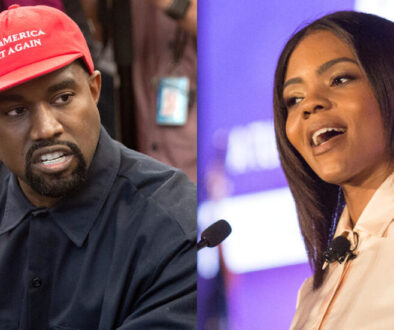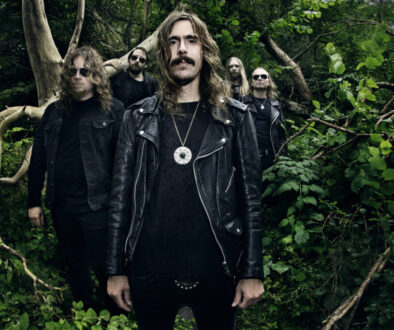Billie Joe Armstrong: Embracing Bisexuality
Green Day’s iconic frontman, Billie Joe Armstrong, has never shied away from speaking his mind. In a recent interview with PEOPLE, Armstrong expressed his enthusiasm for being recognized as a “bisexual icon,” declaring it “fucking cool.” This revelation comes as Armstrong continues to be a vocal advocate against homophobia, transphobia, and various forms of discrimination.
Having first come out as bisexual in 1995, Armstrong reflects on the evolving landscape of sexuality, particularly during the ’90s, an era that witnessed a shift where individuals, including influential figures like Kurt Cobain, were exploring and embracing bisexuality. He acknowledges the progress made since then, noting that although bisexuality is still sometimes viewed as taboo, people today are more courageous and open about their identities than ever before.
Armstrong, a proud Gen X-er, credits the ’90s as a pivotal time when men were navigating their sexuality and openly identifying as bisexual. He celebrates the bravery and openness of the present generation, recognizing the complex nature of sexuality in today’s society.
Addressing his 30-year marriage to his wife, Armstrong emphasizes that sexuality transcends conventional norms. While embracing the conventional aspects of his marriage, he challenges the notion that sexuality fits into a rigid, one-dimensional framework. He encourages honesty and self-awareness, rejecting simplistic categorizations.
In his latest album, ‘Saviors,’ Armstrong delves into the theme of sexuality in the track ‘Bobby Sox.’ The song, which he describes as “the ’90s song that we never wrote,” explores gender fluidity and serves as a universal anthem. The lyrics reflect Armstrong’s evolution and the changing societal attitudes towards LGBTQ+ identities.
The verse in question beautifully captures the essence of the song, with Armstrong singing, “Do you want to be my best friend? / You can drive me crazy all over again / And I’ll bore you to death / Doesn’t matter when we are in love.” The inclusion of “Do you wanna be my boyfriend?” alongside “Do you wanna be my girlfriend?” transforms the song into a celebration of diverse love and relationships.
Speaking to the LA Times, Armstrong shared the emotional impact of ‘Bobby Sox’ on a friend, highlighting the power of music to resonate across generations. The song’s exploration of gender fluidity serves as a testament to Armstrong’s commitment to openness and acceptance.
In a world where societal norms are continually evolving, Billie Joe Armstrong stands as a beacon of authenticity and acceptance. By embracing his role as a bisexual icon and creating music that explores diverse themes, he contributes to a more inclusive and understanding society. Armstrong’s journey reflects the progress made and the ongoing need for openness and support for the LGBTQ+ community.



